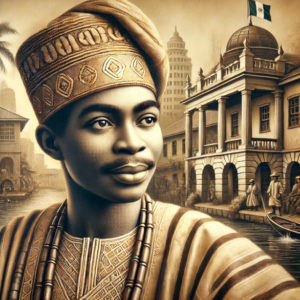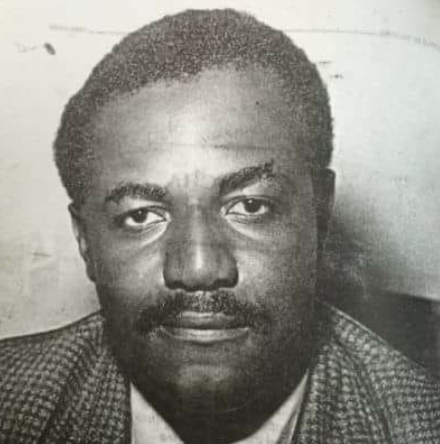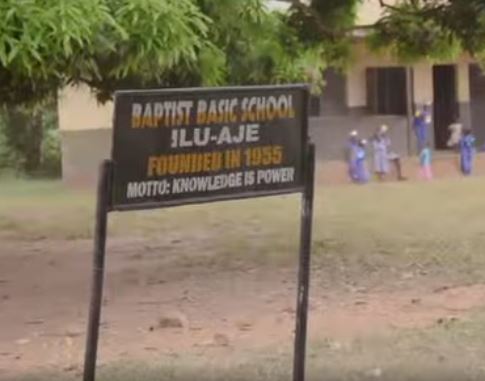Candido Da Rocha: Nigeria’s Trailblazing Millionaire from Ilesha
Candido Da Rocha, known as Nigeria’s first millionaire, was not only a prosperous businessman but also a notable figure with a compelling backstory as a slave returnee from Brazil. Born in the Bahia region to Joao Esan da Rocha, who was captured as a slave at the age of ten, and Angelica Josephina da Rocha, Candido’s roots are deeply intertwined with both Nigerian and Brazilian histories.
If you’ve continually heard “Do you think I’m da Rocha?”
Come here let me gist you about BaBa Olomi in Lagos

His father, Joao, returned to Lagos, Nigeria, in the 1870s after gaining his freedom. He amassed considerable wealth there, which he later passed on to his son, Candido. It was in Lagos that Candido Da Rocha’s legend began to grow, particularly through his ownership of the Water House on Kakawa Street, Lagos Island. This house earned its name as it was the first in Lagos to boast a borehole, setting a precedent in the city and marking the beginning of Da Rocha’s ventures into various business domains.
Candido’s wealth was legendary, and he was known for his unique way of sharing it. From the balcony of his one-story building, he would toss coins to eager children scrambling below—an act that left a lasting impression on the community and perhaps led to this popular saying, “Do you think I’m da Rocha?” whenever extravagant requests were made.
Despite his business acumen, Candido’s foray into politics was short-lived. During one election campaign, he famously told the electorate, “I am Candido da Rocha, your candidate into the House. Vote for me if you like. And if you don’t, all well and good.” Following this straightforward approach, he garnered only 20 votes, ending his political aspirations but not his community involvement as Baba olomi..
During World War II, when King’s College Lagos sought a safe relocation site for its boarding students, Da Rocha offered his Bonanza Hotel on Customs Street at no cost. Among those he helped were future luminaries like Tiamiyu Bello-Osagie and Adenekan Ademola. Additionally, he contributed significantly to the war rehabilitation fund, insisting his donations remain anonymous, further highlighting his modesty despite his wealth.
Despite his significant contributions to society and the indelible marks he left on Lagos’s cultural and economic landscape, no streets in Lagos bear his name. Candido da Rocha passed away in 1959, and his final resting place is at the Ikoyi Cemetery, leaving behind a legacy of generosity and entrepreneurship that remains unmatched.
Candido Da Rocha’s life and legacy offer a fascinating glimpse into the early economic foundations of modern Nigeria and the extraordinary life of a man who bridged two continents through his heritage and humanitarian efforts.




Post Comment